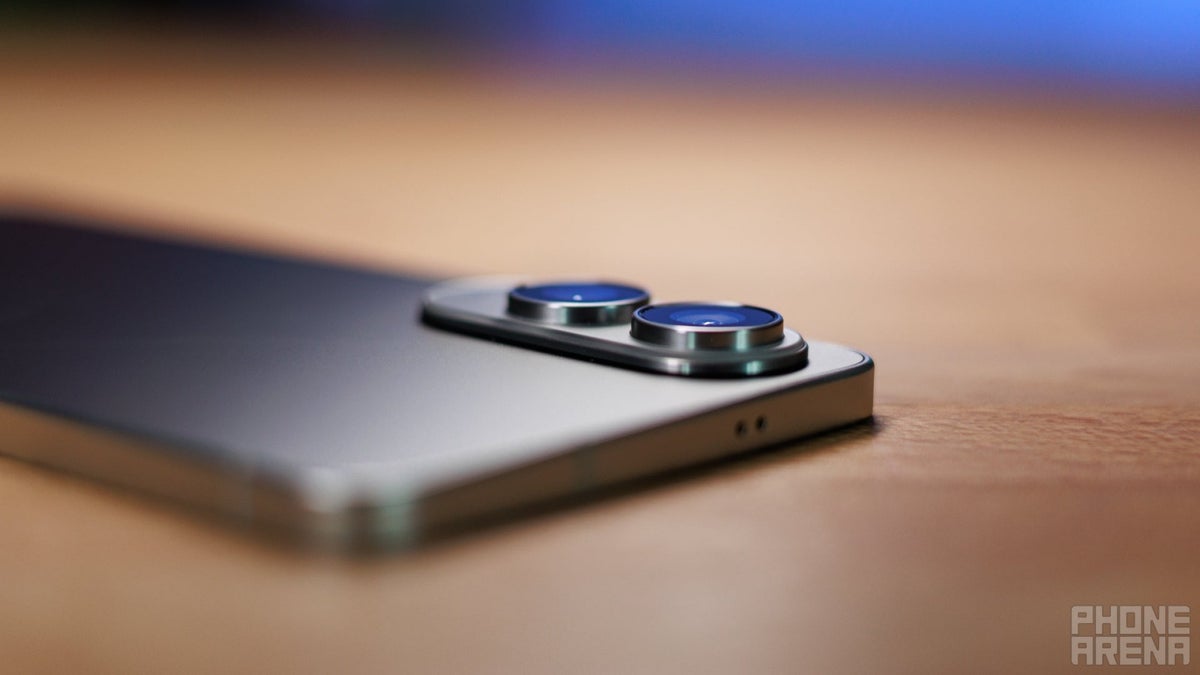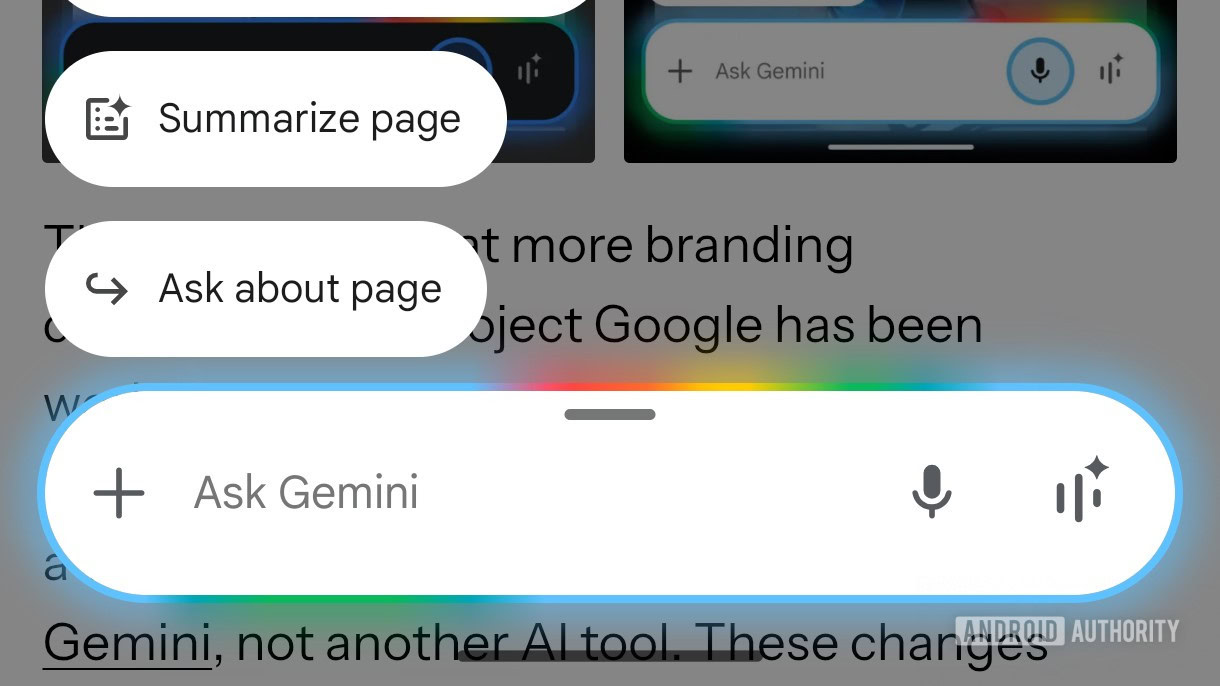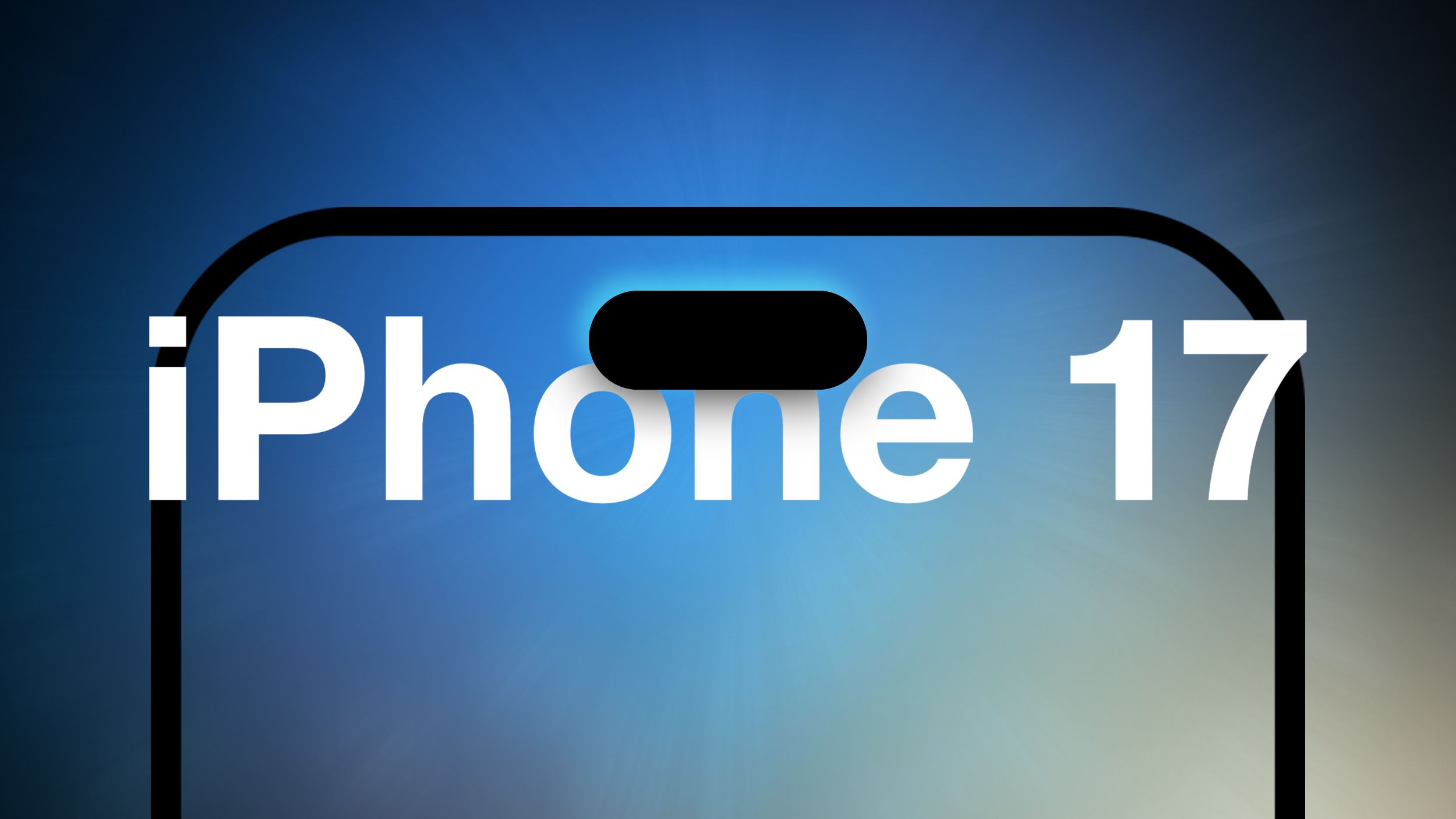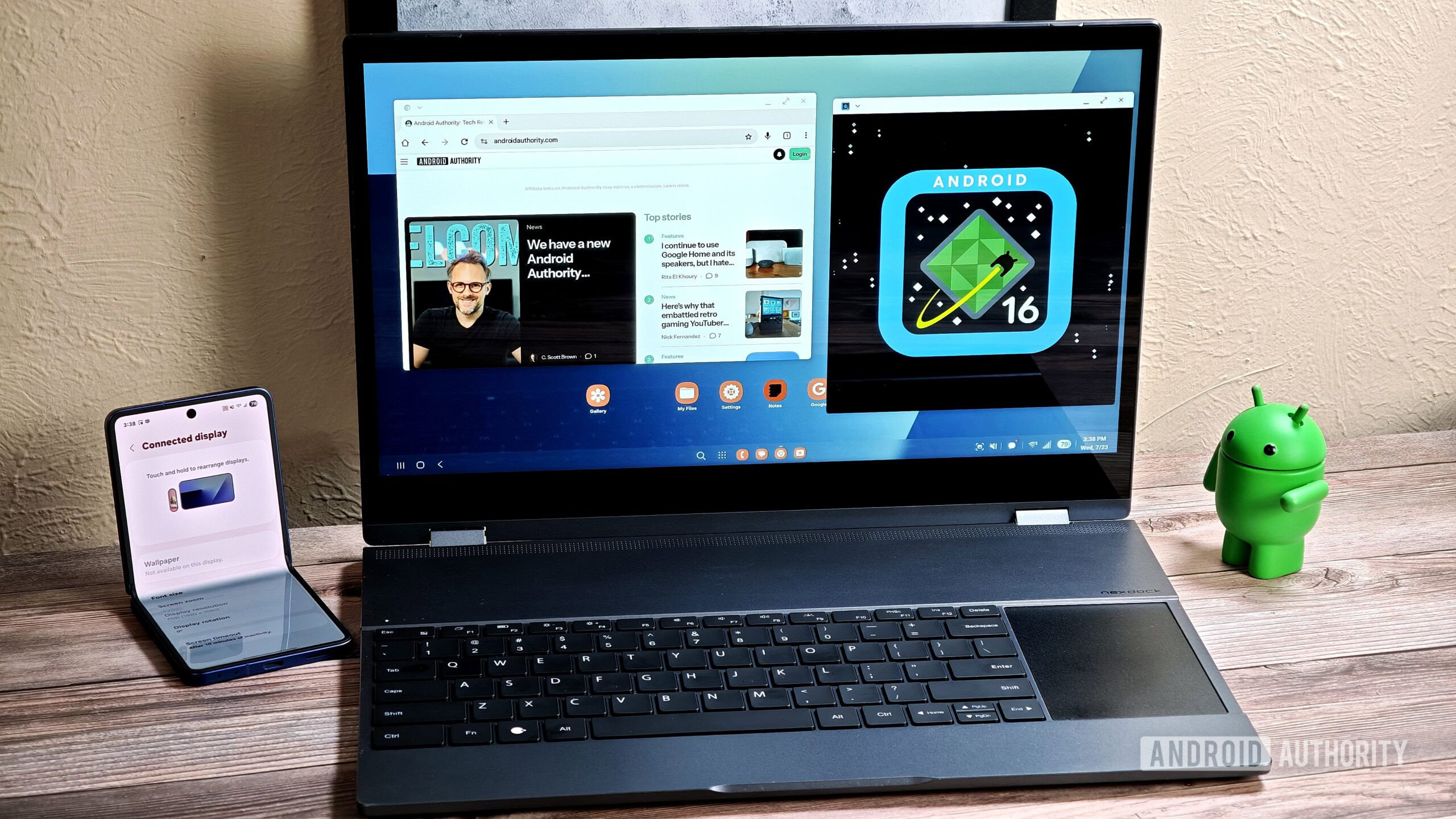T4K3.news
Android continues to evolve with new technologies
Android's capabilities have transformed from basic smartphones to innovative foldable devices.

Android has evolved into a powerful mobile operating system since its inception in 2005.
Android's transformation through the years
Android started as an ambitious venture to create an operating system for cameras, but it became the backbone of modern smartphones after Google acquired Android Inc. in 2005. The first Android phone launched in 2008, introducing a new platform at a time when smartphones were still emerging. Over the years, Android has transformed significantly, accommodating larger screens, enhanced features, and the modern demand for foldable devices. From early touchscreens to the latest foldables, Android has continuously evolved to meet consumer expectations and technological advancements, becoming an integral part of the mobile landscape.
Key Takeaways
"Android has transformed into a sophisticated operating system that embraces cutting-edge hardware."
This highlights the ongoing innovation within the Android ecosystem.
"The journey from compact phones to ubiquitous large displays illustrates Android's adaptability."
A reflection on how user expectations have driven Android's development.
Android's journey highlights how adaptability drives success in technology. As users' needs shifted from basic communication to sophisticated functionality, Android responded by increasing screen sizes, improving software interfaces, and pioneering foldable technology. This evolution not only reflects consumer demands but also sets the stage for future innovations in mobile tech. Android’s ability to embrace change speaks to its resilience and the foresight of its developers.
Highlights
- Android’s evolution shows how tech can adapt to user needs.
- From camera OS to foldable phones, Android leads the charge.
- Innovation in Android reflects the changing demands of users.
Potential concerns related to market competition
The ongoing evolution of Android raises questions about its dominance in the smartphone market and the reactions from competitors and investors.
The future of Android will likely revolve around enhancing user experience with innovative hardware and seamless software integration.
Enjoyed this? Let your friends know!
Related News

Samsung Galaxy S26 Edge generates buzz ahead of 2026 launch

Google reveals new bouncy design for Gemini overlay

iPhone 17 Series Announcement Date Set

Samsung replaces classic DeX mode with new version in One UI 8

Microsoft deletes saved passwords in Authenticator app

AI transforms anti-submarine warfare
AT&T CEO issues strong message on employee engagement

Google Photos launches innovative AI features
